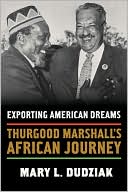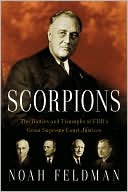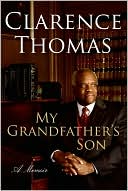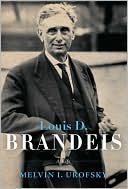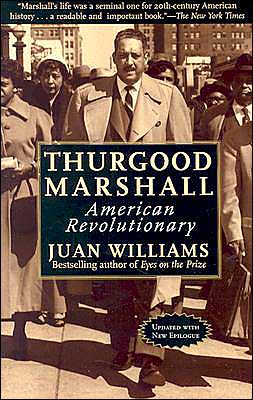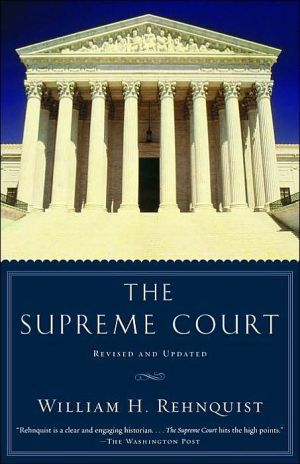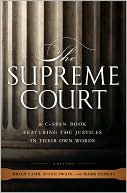Exporting American Dreams: Thurgood Marshall's African Journey
Search in google:
Thurgood Marshall became a living icon of civil rights when he argued Brown v. Board of Education before the Supreme Court in 1954. Six years later, he was at a crossroads. A rising generation of activists were making sit-ins and demonstrations rather than lawsuits the hallmark of the civil rights movement. What role, he wondered, could he now play? When in 1960 Kenyan independence leaders asked him to help write their constitution, Marshall threw himself into their cause. Here was a new arena in which law might serve as the tool with which to forge a just society.In Exporting American Dreams , Mary Dudziak recounts with poignancy and power the untold story of Marshall's journey to Africa. African Americans were enslaved when the U.S. constitution was written. In Kenya, Marshall could become something that had not existed in his own country: a black man helping to found a nation. He became friends with Kenyan leaders Tom Mboya and Jomo Kenyatta, serving as advisor to the Kenyans, who needed to demonstrate to Great Britain and to the world that they would treat minority races (whites and Asians) fairly once Africans took power. He crafted a bill of rights, aiding constitutional negotiations that helped enable peaceful regime change, rather than violent resistance.Marshall's involvement with Kenya's foundation affirmed his faith in law, while also forcing him to understand how the struggle for justice could be compromised by the imperatives of sovereignty. Marshall's beliefs were most sorely tested later in the decade when he became a Supreme Court Justice, even as American cities erupted in flames and civil rights progress stalled. Kenya's first attempt at democracy faltered, but Marshall's African journey remained a cherished memory of a time and a place when all things seemed possible. Publishers Weekly While Marshall is best known for his pivotal role during Brown v. Board of Education and his appointment to the Supreme Court, Dudziak (Cold War Civil Rights) recovers a nearly buried undertaking, "one of the great adventures of his life": Marshall's contributions to the Kenyan Bill of Rights. Marshall arrived in London in January 1960; a month later, the Greensboro, N.C., sit-in began, and Marshall found himself "torn between two continents and two movements." The author effectively sketches those events in the civil rights movement (civil disobedience, urban riots, Black Power) and in Kenya (President Kenyatta's early moderation and subsequent mistreatment of the Asian minority and suppression of opposition) that supported and undermined Marshall's "faith in the law as a vehicle for social change." The tensions between Marshall's desire for equal rights and Kenyatta's priorities of "sovereignty and national unity" are still heartbreakingly unresolved, as are Marshall's great hope for the "entrenchment in Kenya of the rights he still hoped for in America." Dudziak's clarity and careful documentation make her book accessible to the general reader and a valuable tool for African and African-American studies. (July)Copyright © Reed Business Information, a division of Reed Elsevier Inc. All rights reserved.
Map of KenyaList of IllustrationsIntroduction 11 Marshall and Mboya 112 A Tricky Constitution 373 Writing Rights 654 Discriminating Friends 975 Anarchy Is Anarchy 131Epilogue 161App Thurgood Marshall's Draft Bill of Rights for Kenya, 1960 173Notes 185Acknowledgments 235Index 241
